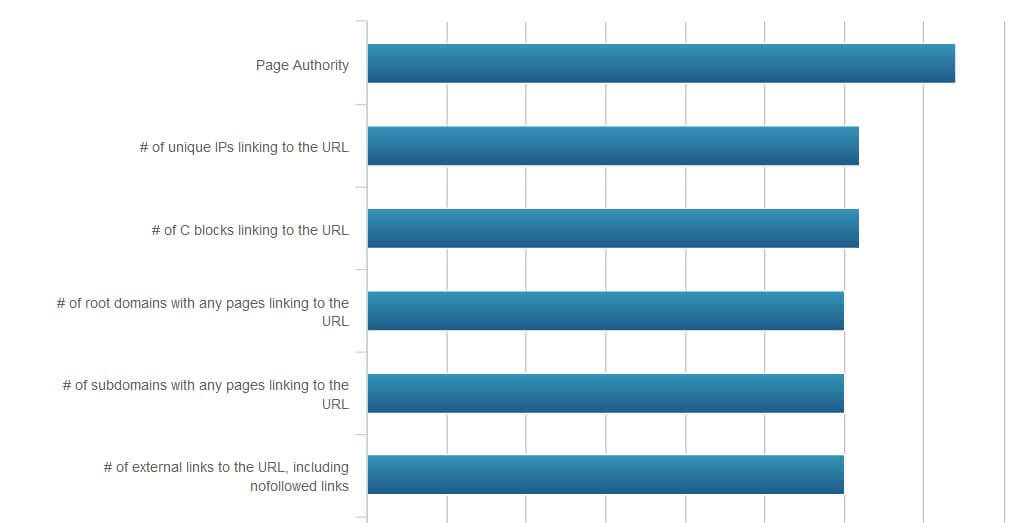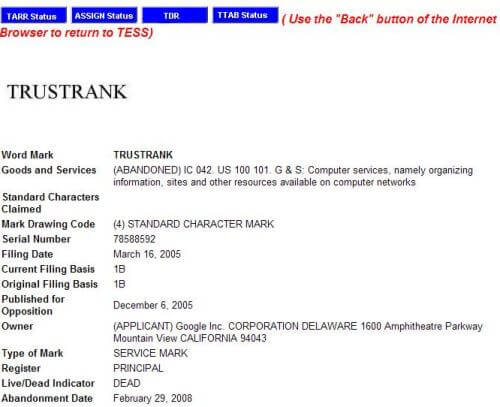Indisputable Proof That Nofollow Links Help You Rank Better
Contents
Many webmasters consider it a waste of time to try getting nofollow links. Nofollow links pass something, perhaps not pagerank but they do convey the power to rank your website. There are certainly many doubters, so let me jump straight to the indisputable proof that nofollow links pass ranking power.
Author Rank
Back in 2010, Matt Cutts created a video. The subject was on Facebook and Twitter accounts, and the question was whether or not links from these two social services help a site to rank. Before discussing the video, let me point out that in 2010, both Twitter and Facebook’s links were completely nofollow. Matt Cutts had this to say about the nofollow links of these two services:
Yes, I can confirm this, we links in ranking, as we always have in our websearch rankings, but in addition we’re also trying to figure out a little bit about the reputation of an author or a creator on Twitter or Facebook. And let me just give you a little bit of a background on that. I filmed a video on that back in May, 2010, where I said that we didn’t use that as a signal, and at the time we did not use that as a signal, but now we’re taping this in December 2010, and we are using that as a signal. … In the same way that pagerank depends not on just the number of links, but the quality of those links, you have to think about what are the followers who mean quality, the people who actually are not just bots you know, or some software program, or things like that.
It’s interesting to note that in the above quote, Cutts was using pagerank as an analogy. In other words, “pagerank flows power to rank based on quality of links”, and “social profiles flow power to rank based on the reputation of the author”. What you’re getting from these nofollow links isn’t pagerank, however, it is something, and fits the definition of “author rank”, a factor of Google’s algorithm that has been touted by Eric Schmidt and Matt Cutts. Consider all the types of URLs that would convey author rank. Nearly every social media link would qualify.

Links from Unique Class-C and Subnets
When you read about Moz’s positive ranking factors for 2015, you’ll notice in regards to page-level link-based features, the very first ranking score happens to be Page Authority. However, let’s take a look at all the additional factors, starting with the 2nd:
- the number of unique IPs linking to the URL
- # of C blocks linking to the URL
- # of root domains with any pages linking to the URL
- # of subdomains with any pages linking to the URL
- # of external links to the URL, including nofollow links
There are more, but I’ll stop there. Every single one of these ranking factors is influenced by nofollow links. Nofollow links are counted, as a correlation factor, when it comes to how a page ranks. Because its a correlation factor, you have to keep in mind “causation vs correlation”, and that what caused all these pages to rank better may have been something else. However, when the 2nd through 6th factors on how well a page ranks all have to do with how many links (including nofollow) that a page receives, it’s easy to see this as causation, instead of some other random factor.
Therefore, as you’re out building links and you’re thinking to yourself “but this page doesn’t flow pagerank because its links are nofollow, consider that you’re building up:
- number of IPs linking to your URL
- number of class-C IPs that link to your URL
- number of root domains that link to your URL
- number of subdomains with any pages linking to your URL
- number of external links (including nofollow) that link to your URL
When you look at it that way, its easy to see the powerful benefits that nofollow links can bring to your website’s rankings. If you get yourself nofollow links, you’re doing everything the same as all the other top ranking websites are doing.

Nofollow Links Help You Avoid Over-Optimization Penalties
I’ve said it multiple times, that a website will not receive an over-optimization penalty when it only has one or two things wrong with it. I’ve written some on-page SEO optimization guides, as I’ve been part of the correction of rankings and removal of penalties of many sites. What I notice is that a site is much more resillient to penalties when it covers all bases. For instance, if your site is gaining tens of thousands of links from blogs, but hasn’t even received one share on social sites, something is fishy. It’s just another fish on the pile of your fishiness, and eventually that’ll break the camel’s back.
Consider a site, therefore, that only has do-follow links. That’s just not natural. Your backlink portfolio, if it consists of only do-follow links, is unnatural. Google doesn’t like unnatural link portfolios. By adding nofollow links to your link portfolio, that is one less fish on your fishiness pile. Your camel’s back is feeling a little better now.
As you work on “covering all your bases” like this, you’ll notice the problem of your pages not even showing up in the top 1000 SERPs slowly disappear.
Do Wikipedia Links Help SEO?
 One of Google’s 200 ranking factors is, of course, pagerank. Can you easily rattle off the other 199? Do you suppose that there are some factors that aren’t discussed externally? There’s discussion about a Google factor called TrustRank. It’s a term that Google patented in 2005. There’s an associated .pdf that discusses how TrustRank can be used to distinguish spam better than pagerank has.
One of Google’s 200 ranking factors is, of course, pagerank. Can you easily rattle off the other 199? Do you suppose that there are some factors that aren’t discussed externally? There’s discussion about a Google factor called TrustRank. It’s a term that Google patented in 2005. There’s an associated .pdf that discusses how TrustRank can be used to distinguish spam better than pagerank has.
This begs the question, does Wikipedia flow something? Perhaps not pagerank, but something other — like TrustFlow? Wikipedia is pretty free from spam. Why would Google turn down the opportunity to use such an all-inclusive resource, on literally millions of topics?
In summary, nowadays I do not even consider nofollow when pursuing a link. I consider whether a link comes from a great resource, whether the resource is relevant and if the page conveys other beneficial things, such as author rank, relevancy or other quality factors. I recommend that you build web2.0s, even if they’re nofollow, when the root domain is highly respected. This is because you control the relevancy of a web2.0. You control the quality if its content. You can make it awesome, and if so — it will pass the ability to rank on to your website, even though its links are nofollow.

Comments